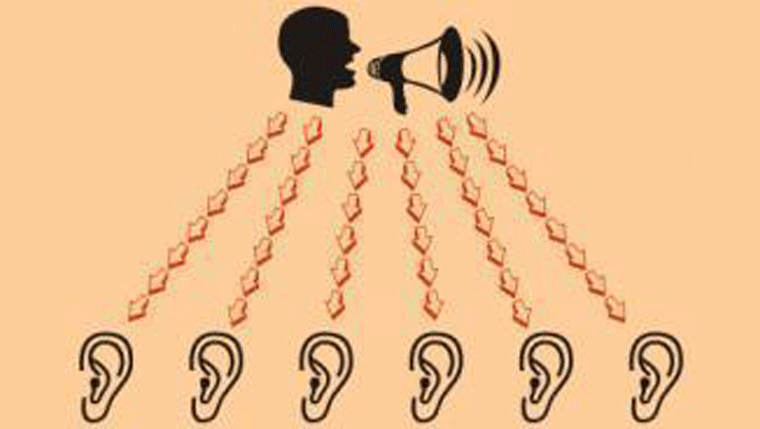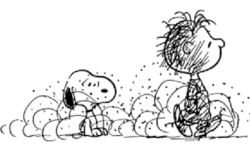Words can hurt. They have the power to damage not just feelings and relationships but also reputations and even livelihoods. We know that slander and deceit are wrong, but what if the information is true? Lashon Hora, or forbidden speech, is that which may be true but is derogatory or negative.
Rabbinic law set boundaries on such speech. Negative speech about someone is not permitted, even if true, unless it is needed to protect someone. To ensure that we don’t justify our behavior as needed protection, a higher bar is set if we dislike the person or our motives for speaking would be suspect.
Jewish lore recalls a rabbi who was spoken of negatively by a man who disagreed with him. Later, seeing the effect of his words, he went to apologize to the rabbi. The teacher asked him to go home and cut up his feather pillow and disperse it around the house – an easy penance. When he returned, having accomplished the task, the rabbi then asked him to go home and retrieve every feather. Knowing it was impossible, the man then understood that no matter how sorry he was, he would not fully be able to correct his effect on the rabbi’s reputation.
It is well to remember the far-reaching and lasting effects of our words. While I’m not under rabbinic law, it is based on biblical truth and gives wise principles to follow. It is good for me to double-check myself – does this information need to be passed on? If there is a chance I have secondary motives, it would be wise for me to stay silent or seek counsel. It is easy to deceive myself and a habit of holding my tongue is a worthy goal. Once released, words cannot be fully retrieved.
The tongue is powerful and can raise up or destroy. I want to be a builder and forbid my lips from causing damage. It's key to loving my neighbor.
Set a guard, O Lord, over my mouth; keep watch over the door of my lips! Psalm 141:3







